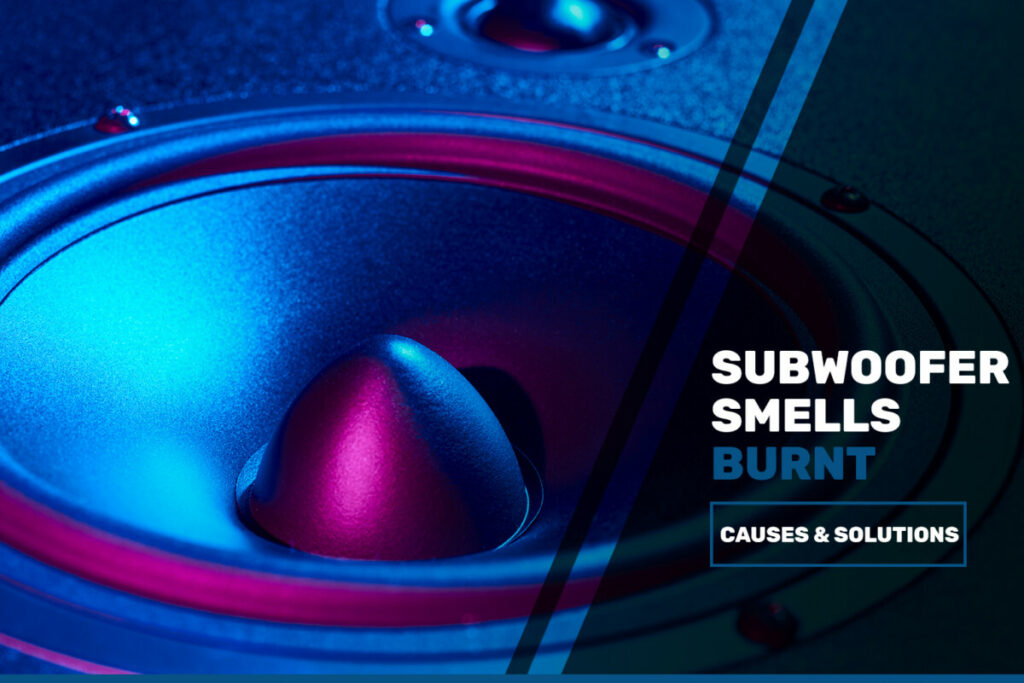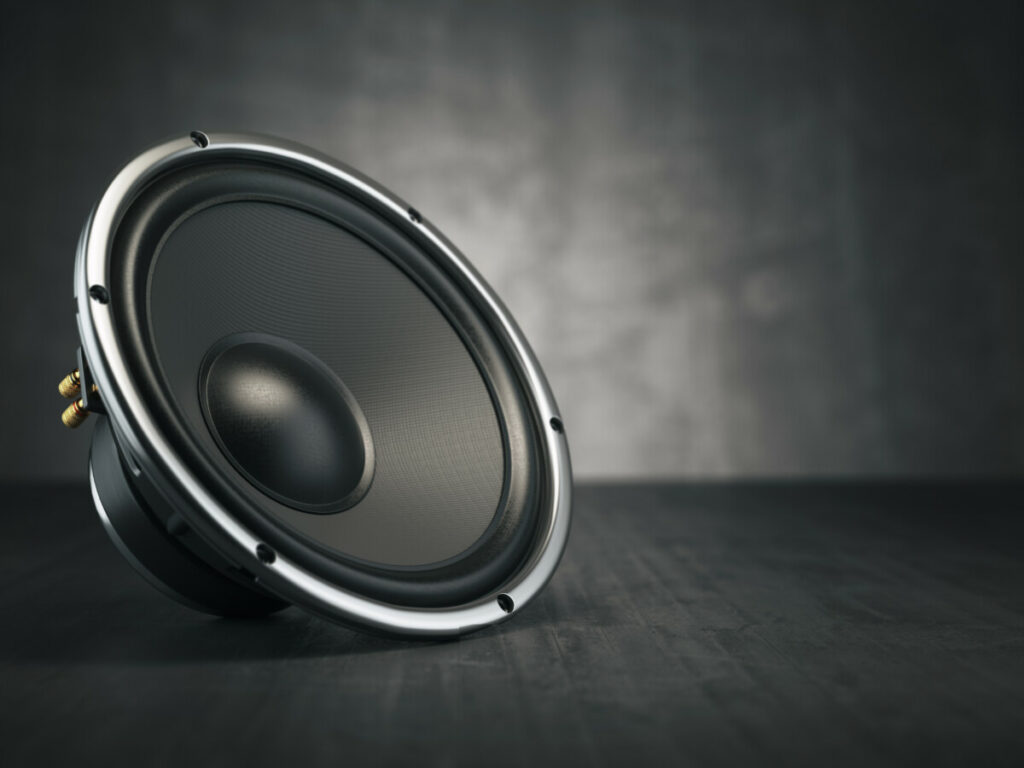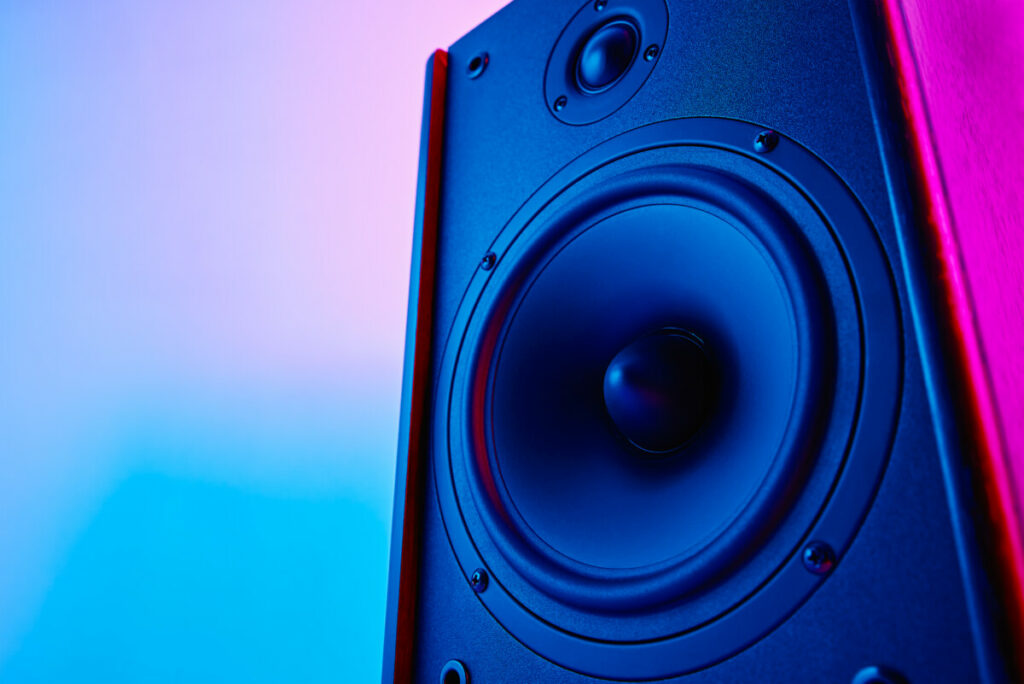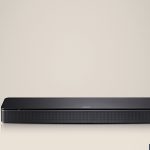
In this article, we’re going to talk about that burnt smell coming from your subwoofer. Don’t worry, its not your cooking skills being put to the test, it’s a common issue that many peaple face, but it is not okay.
We’ll show you why it happens and some ways on how to fix it. And if you’re thinking “this is serious, I need professional help”, don’t panick yet as I’ll give you some general information to help you out.
Is It Okay If A Subwoofer Smells Burnt?
Let’s be honest, burnt smells are never a good sign, especially when it comes to your new subwoofer. Imagine you finally saved up enough money to buy that fancy subwoofer you’ve been eyeing for months, and when you finally plug it in, it starts to smell like a barbeque gone wron. Not exactly the vibe you were going for, right?
It’s not okay for subwoofers to smell burnt when they are currently bought. It’s like buying a new car and it smells like the previous owner was a smoker.
It’s not cool, and it’s definitely not what you paid for. If a subwoofer has a burnt smell when it is first purchased, it is likely that there is a problem with the subwoofer.
It could be a result of a manufacturing defect or damage during shipping. In either case, it is important to address this issue as soon as possble.
Personally, when this first happened to me, I had my subwoofer behind the TV and I still could smell the burnt subwoofer across the room. All and all, burnt smells are never a good sign, especially when it comes to your new subwoofer. Don’t let a smelly subwoofer ruin your listening experience.
Reasons Why A Subwoofer May Smell Burnt

A subwoofer doesn’t smell burnt just so, there are some ways that you can learn how to test a subwoofer, and there are several potential reasons that cause the burnt smell in a subwoofer! Some of the most important things to have in mind are:
Overheating
If the subwoofer is placed in a poorly ventilated area or is being used for extender periods of time, it can overheat.
The internal components of the subwoofer can generate heat while in operation, and if they are not able to dissipate this heat effectively, it can lead to a burnt smell.
This can happen as a result of poor ventilation around the subwoofer for example if you use a subwoofer in an apartment, and your apartment is relatively small, the air ventilation can be a problem for overheating it. Another reason is if the subwoofer is being used to play music at high volumes for prolonged periods of time.
Short Circuit
A short circuit in the subwoofers wiring can cause a burning smell. This is often cased by damaged wires or a malfunctioning amplifier, which can cause a high curent to flow through the subwoofer, overheating the components and causing a burnt smell.
Voice Coil Burnout
The voice coil is the part of the subwoofer that generates sound. If the voice coil overheats or becomes damged, it can produce a burnt smell. The voice coil is a small but crucial component that generates sound in the subwoofer, and when it gets damaged, it can produce a burnt smell.
Blown Fuse
A blown fuse can cause a burning smell as the current is not flowing correctly. Sometimes a subwoofers internal fuse may blow, which can cause a burning smell. This can happen when the subwoofer is receiving too much power, or the internal components are malfunctioning.
Burned Dust
Subwoofers can accumulate dust over time, particularly if they are not used frequently. This dust can sometimes get heated and cause a burning smell. Dust can accumulate on the subwoofers internal components, which can lead to overheating, and this in turn can cause a burnt smell.
It is important to note that a burnt smell from a subwoofer can be a sign of a serious malfunction and should be addressed as soon as possible, especially if it’s acompanied by other symptoms such as distorted sound, no sound or overheating of the subwoofer.
It is highly recomended to consult a professional for repair or replacement to avoid causing further damage.
Ways To Fix Or Deal With Burnt Smell From Subwoofers

Now that you know the reasons that are hidden behind a subwoofer that smells burnt, there are some important things to have in mind, in order to deal with it properly.
Those things or steps include:
- The first step in getting rid of the burnt smell from your subwoofer is to turn it of and unplug it from the power source. This will prevent any further damage and ensure that the subwoofer is safe to handle.
- Once the subwoofer has been unplugged, allow it to cool down completly. This will prevent any accidental burns or injuries while handling the subwoofer.
- Next, remove the grill or cover of the subwoofer and inspect the speaker for any visable burn marks or damage. If you notice any burn marks, do not attempt to fix it yourself. Instead, take it to a professional for repair.
- Use a vacuum cleaner to remove any debris or dust that may have accumulated inside the subwoofer. This will help to freshen up the inside of the subwoofer and remove any unwanted particles that may be contributing to the burnt smell.
- Use a damp cloth to wipe down the inside of the subwoofer, being carefull not to get water on the speaker itself. This will help to remove any remaining debris or dust and leave the subwoofer smelling fresh and clean.
- Leave the subwoofer open and in a well-ventilated area to air out for several hours. This will allow any remaining odors to dissipate and be replaced with fresh air.
If the burnt smell persists, despite following the above steps, it may be necessary to have the subwoofer serviced or repaired by a professional. A professional will be able to identify the root cause of the smell and take the necessary steps to fix it, whether that be cleaning, repair, or replacement.
In addition, you can use odor neutralizer sprays, air fresheners or place some charcoal or baking soda inside the subwoofer to help eliminate odors. But remember not to place anything near the speaker or the electronic components.
Final Words
Even though a subwoofer smelling as burnt is a common problem many people deal with, there is no way that tells it is a normal thing you have to deal with!
As I mentioned above, there are some common reasons why it may happen, but the good thing is that you can somehow fix it, while following the steps super carefully.
Always remember, if it doesn’t go properly, make sure to talk to a professional! Good luck!
Audio Engineer
You’ll never find anyone more passionate about audio as me. I love to share my knowledge with others and help people find the right equipment for them.





